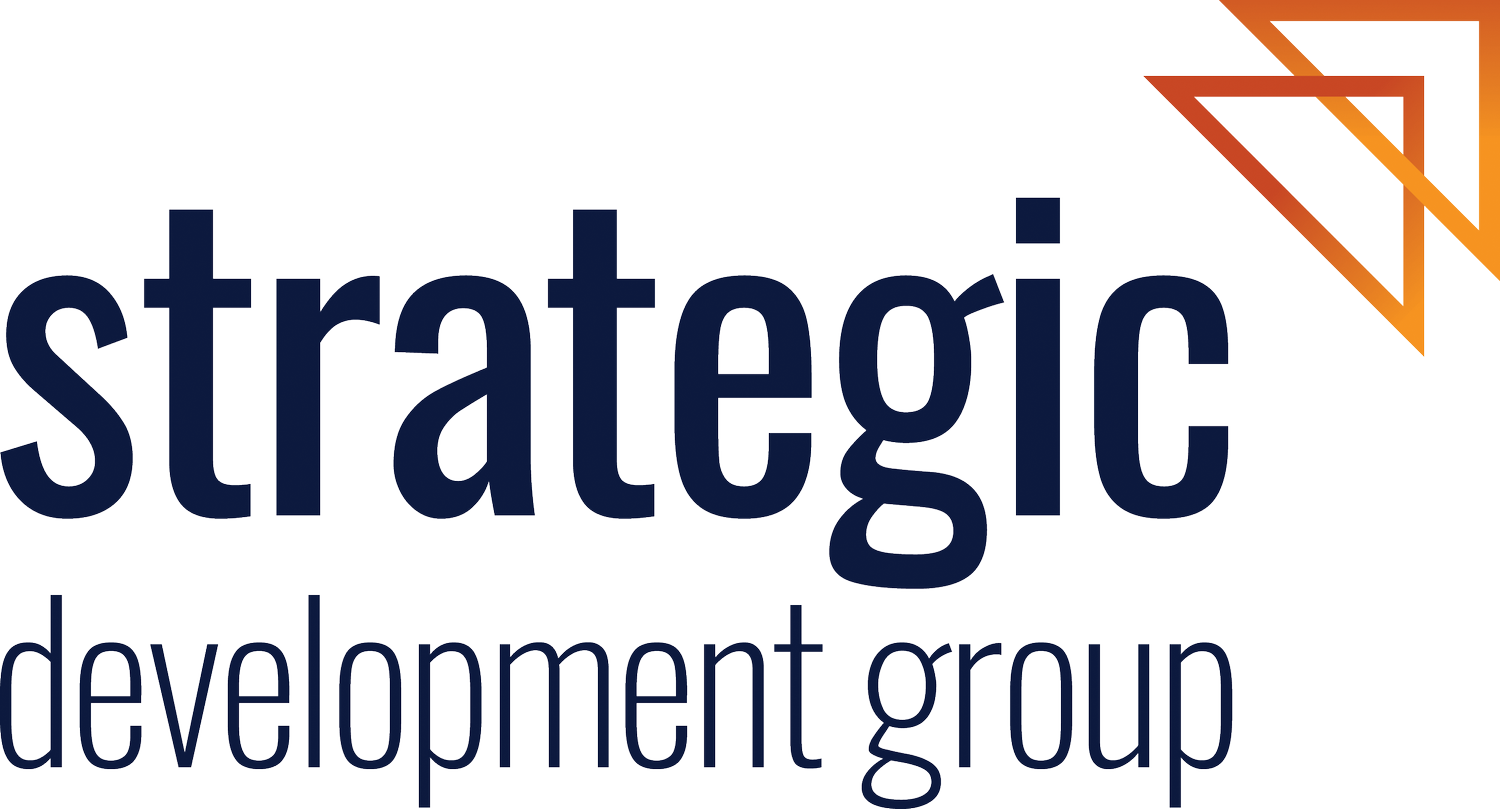The Challenge
Over the past three months, we have been involved in a pivotal review of the Department of Social Services (DSS) Disability Support Pension (DSP). This initiative focuses on gathering insights from individuals with disabilities regarding their experiences while applying for and being assessed for the DSP, particularly highlighting the impairment tables that determine eligibility based on specific criteria. The DSS aims to use this information to inform legislative reforms scheduled for June 2022.
Our primary role was to ensure the review process was both accessible and inclusive. We set out to be an accessible and inclusive messenger, which meant prioritising safe communication, accurate transcription, and maintaining confidentiality. Throughout the engagement, we identified that participants were more concerned about the overall process they encountered with Centrelink, including delays and payment levels, rather than the impairment tables themselves. Recognising that roughly half of the interviewees required assistance, we factored in the presence of advocates, carers, or parents to provide necessary support during the discussions.
The Solution
To tackle these challenges effectively, we implemented a strategy of regular communication and updates with the DSS. By doing so, we ensured they were aware of the constraints we faced and prepared them for the diverse feedback we would collect. Our comprehensive approach also included project management support from the managing contract holder, Contentgroup.
Additionally, we adapted our interview methods to ensure inclusiveness. Most interviews were conducted through technology, with some taking place in person, and we utilised written responses, text-to-voice technology, and the assistance of carers or parents. This flexibility allowed us to capture a wider range of voices and experiences, making the process more meaningful for participants.
The Outcome
The efforts we invested bore fruit in the form of diverse perspectives, including those voices often overlooked in such reviews. Our strength in disability-inclusive engagement facilitated the collection of valuable insights that will inform the ongoing reform. Despite the national scope of the project, and the challenging timeframe, we succeeded in capturing a wide range of voices. We established a positive and collaborative relationship with the DSS. They gained a genuine understanding of the emotional complexities faced by participants and acknowledged the various challenges tied to processing this vital information.
Furthermore, discussions extended beyond the impairment tables and DSP, highlighting issues related to the NDIS and Centrelink staff interactions. The DSS committed to sharing this broader feedback with other relevant sections, demonstrating a dedication to improving the overall support system for people with disabilities. Our collective efforts not only advanced the review, but also laid the foundation for more comprehensive advocacy and support moving forward.


